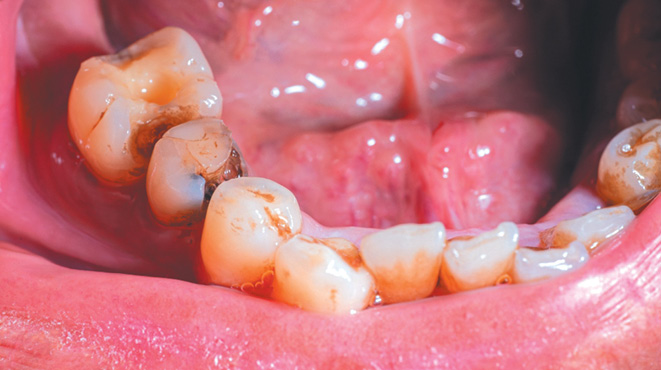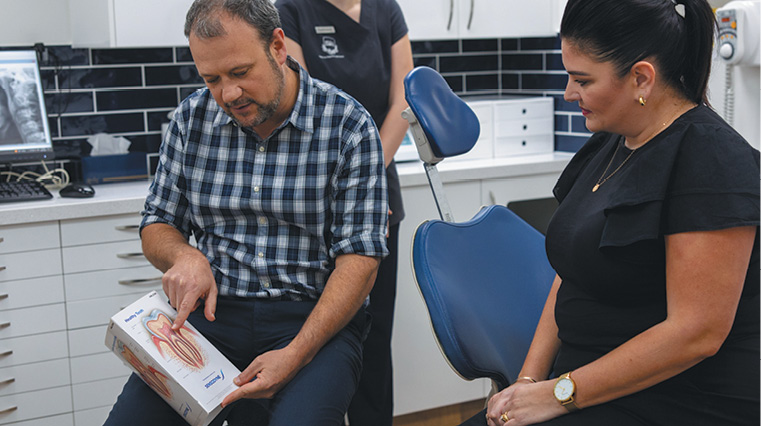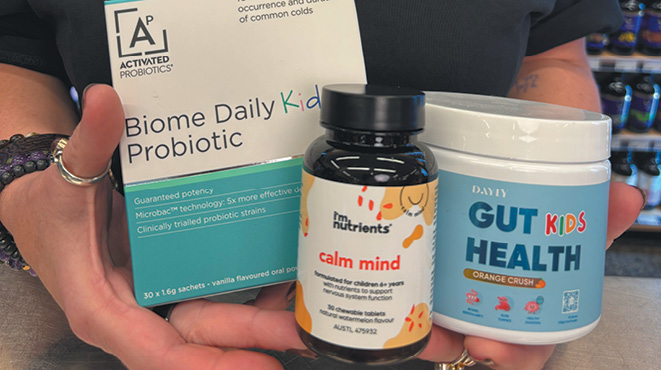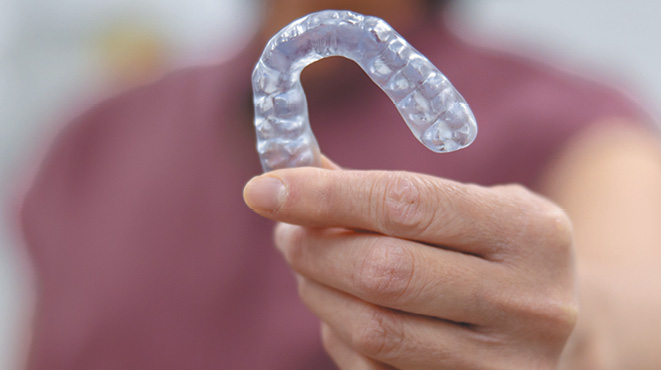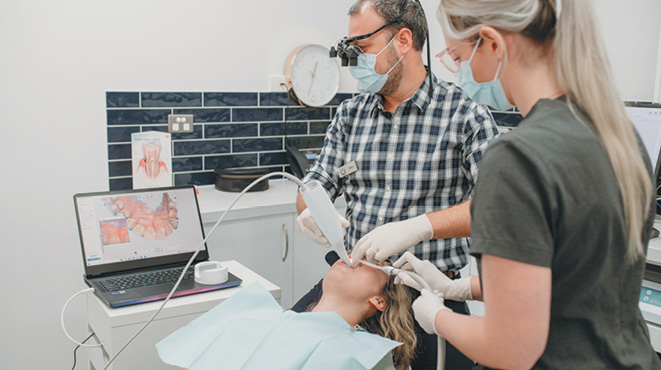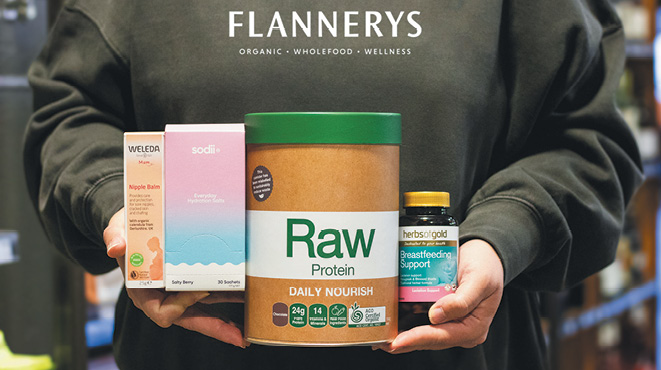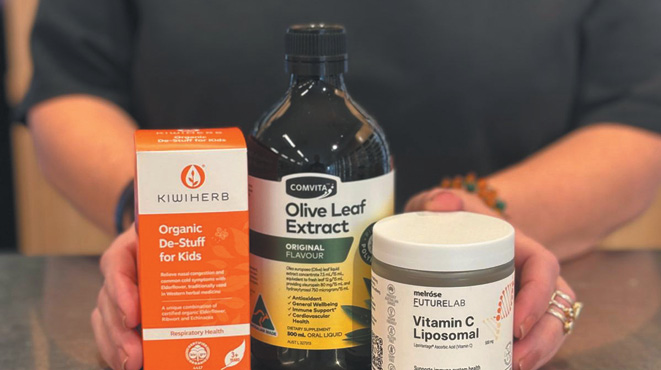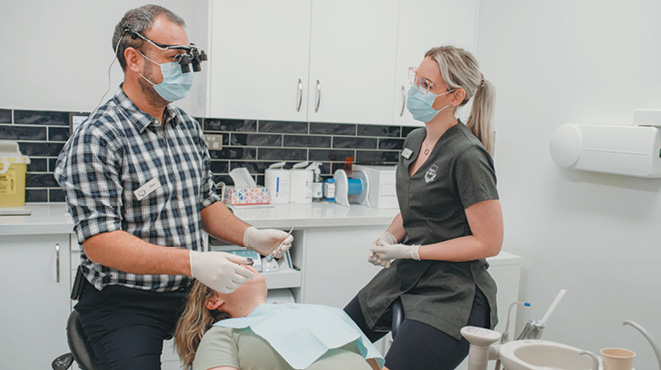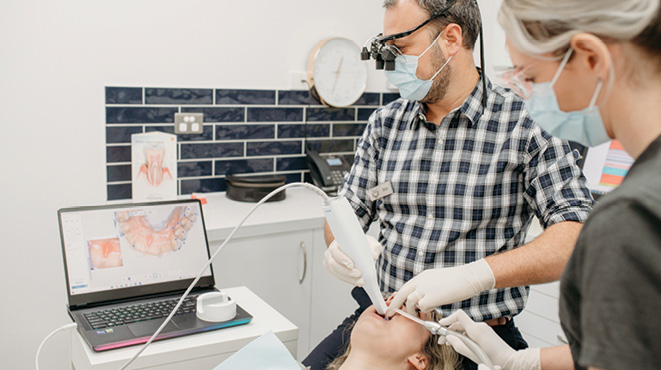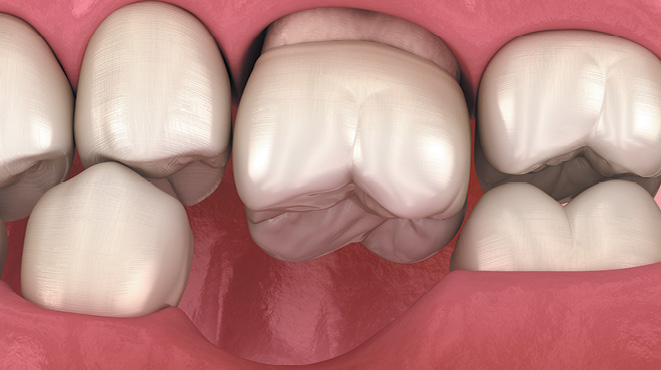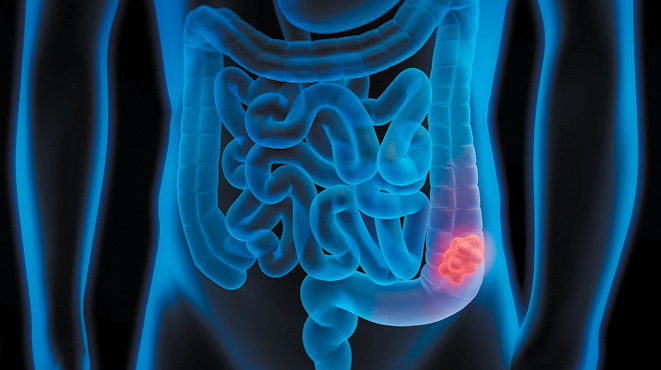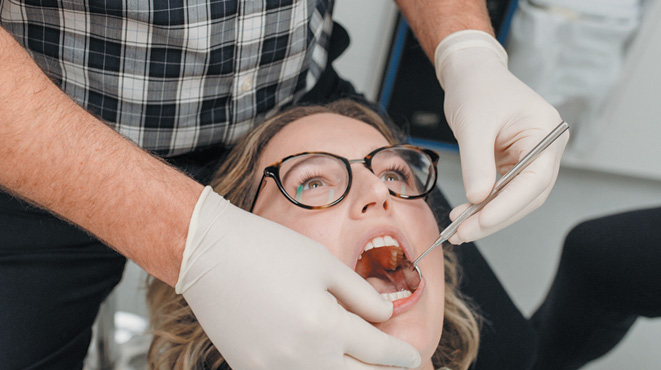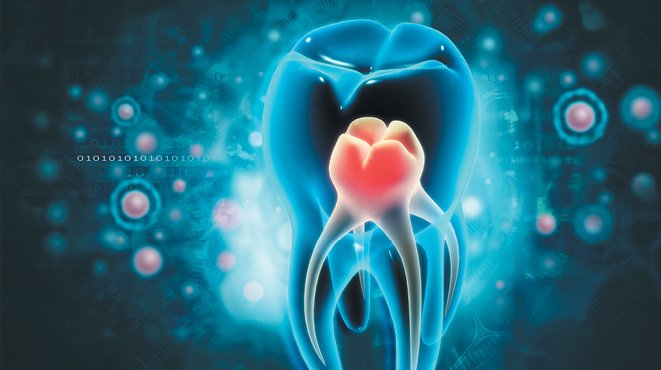Photo: Supplied.
FROM DENTAL ON CAMBRIDGE
Tooth decay is one of the most common dental issues affecting people of all ages. Despite its prevalence, many people don’t fully understand what decay is, how it develops, and the options available to repair damaged teeth. At Dental on Cambridge, we’re here to provide the knowledge, tools, and care you need to protect your smile from decay and restore it when necessary.
What is Tooth Decay?
Tooth decay occurs when the hard outer layer of your teeth, known as enamel, is damaged by acids produced by bacteria in your mouth. These bacteria feed on sugars and starches left behind from food and drinks, producing acid that gradually destroys the enamel. Over time, decay can penetrate deeper into the tooth, reaching the dentin and even the pulp, where nerves and blood vessels are located.
If untreated, decay can lead to pain, infection, or tooth loss.
Signs of Tooth Decay
Some common signs of decay include:
- Tooth sensitivity to hot, cold, or sweet foods and drinks.
- Visible holes or dark spots on the teeth.
- Pain when biting or chewing.
- Persistent toothache or discomfort.
If you notice any of these signs, it’s important to seek dental care promptly to prevent further damage to your teeth and costly treatment.
How Can I Prevent Tooth Decay?
Prevention is always better than cure, and the good news is that tooth decay is largely preventable with proper care. Here are some steps you can take to protect your teeth:
- Maintain Good Oral Hygiene: Brush your teeth at least twice a day and floss daily to remove food particles and plaque. Yes – we said DAILY!
- Regular Dental Visits: Schedule check-ups and cleans every six months to catch any early signs of decay and remove tartar build-up. Behind in your exam and cleans? It’s never too late to get back on top of your oral health!
- Eat a Healthy Diet: Limit sugary snacks and drinks, and opt for tooth-friendly foods like fruits, vegetables, and dairy products. Drinking water with meals also helps to wash away any residual food.
- Use Toothpaste containing Fluoride: Fluoride strengthens enamel, making it more resistant to decay. Your dentist may recommend additional fluoride treatments for added protection.
- Dental Sealants: For children and adults, sealants can be applied to the grooves of molars to prevent decay in hard-to-reach areas.
What Are My Options for Repairing Decay?
If decay has already affected your tooth, don’t worry – there are effective treatments to restore your smile. At Dental on Cambridge, we offer a range of options tailored to the severity of the decay:
- Fillings: For minor cavities, we remove the decayed portion of the tooth and fill it with a durable material such as composite resin.
- Crowns: If decay has significantly weakened the tooth, a crown (or cap) may be placed over it to restore its strength and function.
- Root Canal Treatment: When decay reaches the pulp, a root canal is needed to remove the infected tissue, and clean and seal the canals. This procedure saves the natural tooth from extraction and alleviates pain.
- Extractions and Replacements: In severe cases where the tooth cannot be saved, extraction may be necessary. We can provide tooth replacement options like dental implants, bridges, or dentures to restore your smile.
Your Partner in Dental Health
At Dental on Cambridge, our goal is to provide exceptional care that keeps your smile healthy and beautiful. Whether you’re seeking preventive advice or need treatment for decay, our experienced Dentists are here to guide you every step of the way. If you’re concerned about tooth decay or need a new dental perspective call us on 3348 6661 or visit www.dentaloncambridge.com to schedule your appointment. Together, we’ll ensure your teeth stay strong and healthy for years to come!

